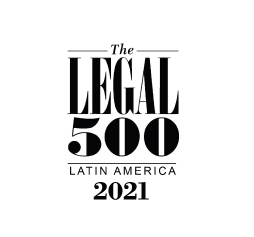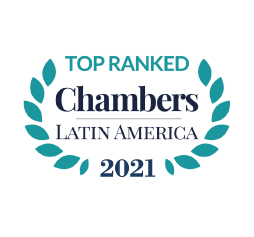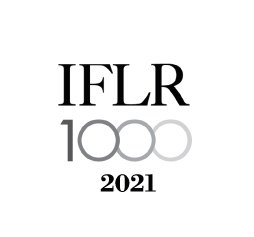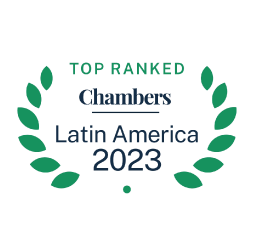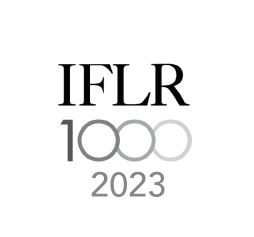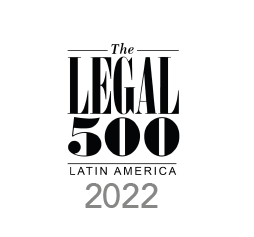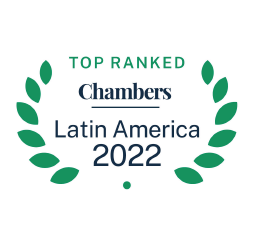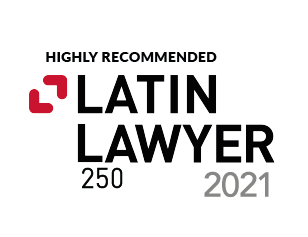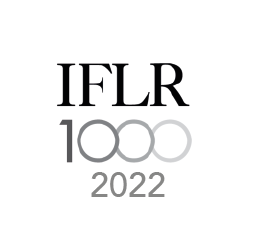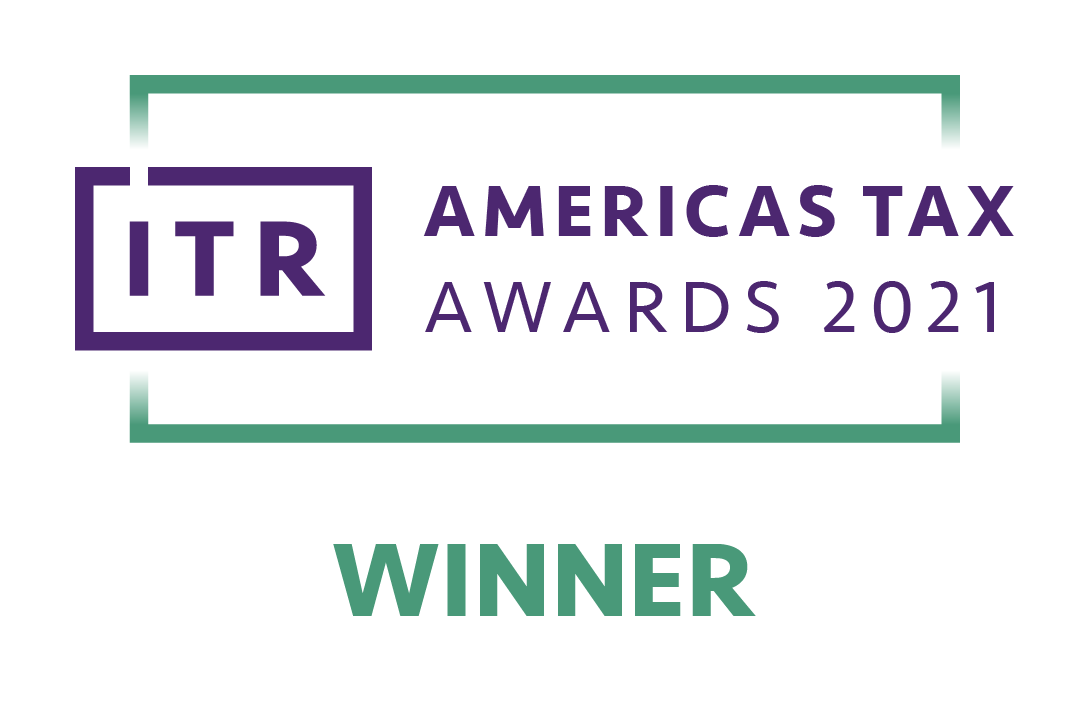On December 9, our President signed Decree No. 2992/2019, regulating Law No. 2051/03 on Public Procurement, which aims to establish a unified system for public procurement procedures.
Although it does not introduce substantial modifications to the current current regime, it harmonizes 10 regulations that were dispersed in order to unify the existing regulations making it more practical and easy to apply, in addition to incorporating new regulations that improve the transparency of the system.
Three contracting modalities are incorporated i) Framework Agreement, ii) National Agreement and iii) Joint Purchases.
The first one is aimed at the selection of suppliers of goods, works, services and consultancies that, once selected, the products are included in an electronic catalog that will be published in the Public Information and Contracting System so that the Organizations, Entities and Municipalities can acquire them directly.
The National Agreement modality consists of an open call addressed to national suppliers of the goods or services to be acquired. Its purpose is that entities and organizations have several suppliers for the same benefit since the demand requires to be served by a large number of suppliers.
The third modality of Joint Purchases is aimed at accumulating the purchase of two or more agencies, entities or municipalities when they require the contracting of the same good, work or service in order to obtain the benefits that common purchases represent.
Regarding the bidding procedures, the obligation to recognize the preference margins for local companies in international procedures is incorporated since, if not indicated in the bidding documents, it is understood that the minimum percentage of 1% is applied.
The obligation for the Convocant to proceed within 5 calendar days of having resolved the award to publish a copy of the evaluation report and the administrative awarding act is established. Likewise, the power of the bidder to request an informative hearing is established so that the Convocant explains to him the grounds that motivate his decision. These are new additions that make the improvement of transparency in the processes.
Among the exceptions to the tender, the assumption of “Termination Contract” is included in the case of breaches by the Contractor, providing for the possibility of awarding the balance pending execution to the next adjudicable offer.
In the event of default in payment by the Contracting Party within a period greater than 60 days, the Contractor has the right to request the suspension of the execution of the contract for reasons attributable to the Contracting Party.
For the filing of the protests against the specifications, two new requirements are added, in which the challenger must prove (i) that the commercial activity of his company corresponds to the item called and (ii) that he has previously consulted with the Convocante, the provision of the contesting document. Likewise, a more detailed procedure is regulated for the substantiation of protests.
Regarding the regime of the remedies for reconsideration, its interposition is extended against the decisions that resolve the agreements, maintaining its non-suspensive effect as a general principle.
Finally, it incorporates the regimes of the “System of Information of Suppliers of the State (SIPE)”, the “System of registration of payment to suppliers”, the “Procedure for the application of the Sanctions”, “Procedure for the Application of Sanctions” and “ Mechanisms for Dispute and Dispute Settlement ”. These regimes already existed in other regulations, and from now on they are incorporated into the same legal body, incorporating minimal modifications or aggregates.
The new regulatory decree will enter into force as of January 1, 2020 and the calls that are being processed, as well as the execution and execution of awarded contracts in progress will be governed by the legislation in force at the time of publication of the call to contract .
For more information contact Martín Carlevaro – martin.carlevaro@berke.com.py or Sofía Suárez sofia.suarez@berke.com.py.

